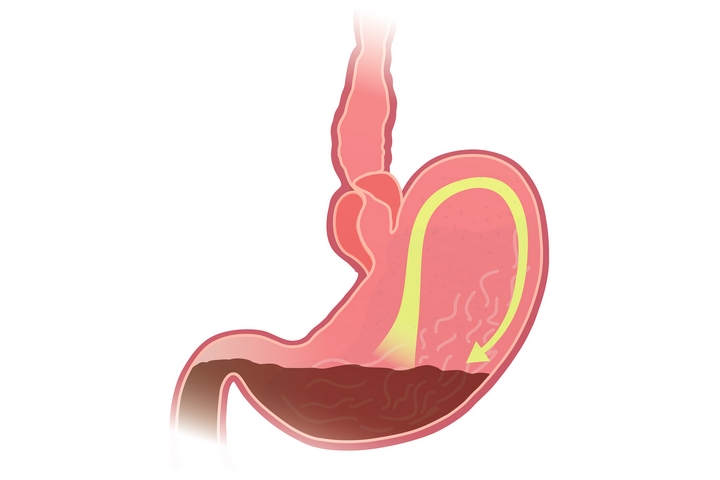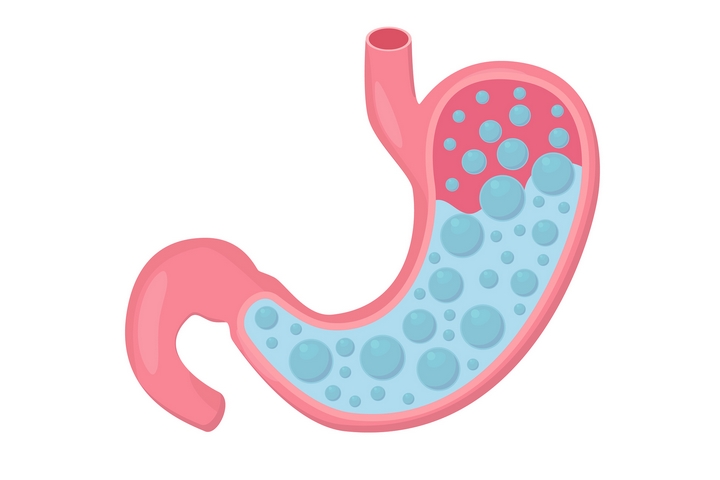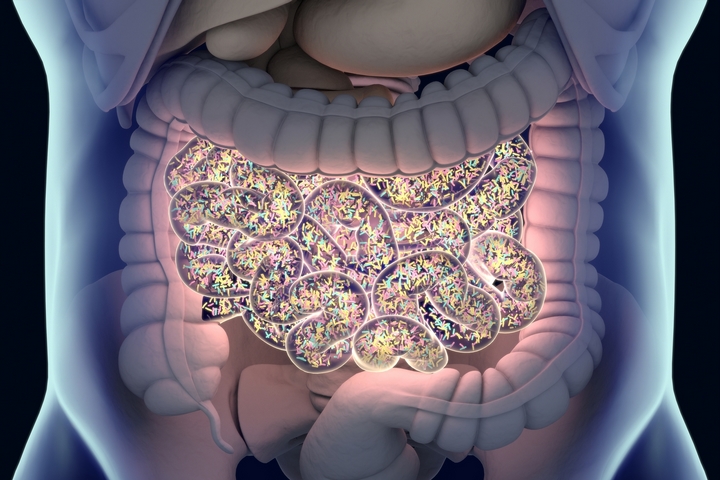You can’t expect to have a healthy body if you don’t have a healthy gut. This is why it’s important to quickly find relief from any digestive disorders you might be experiencing.
Here are some common digestive disorders you could be struggling with, as well as some tips to help you deal with them and improve your health.
1. Bloating

You don’t have to be worried if you feel bloated once in awhile after a good meal. However, if bloating becomes something that occurs daily, you have to pay attention and to search for a solution.
If you are eating a lot of gas-causing foods such as cabbage, broccoli, beans, eggs and dairy products, eating just a bit less of those could put an end to unpleasant bloating. Eating quickly and not chewing long enough can also cause bloating. Slowing down can make all the difference.
2. Constipation

Constipation is another very common digestive disorder. Your diet, the health of your gut and your ability to digest can all cause constipation, so if you have less than 3 bowel movements each week, it’s time to do something about it.
Adding more fiber from vegetables to your diet is a good way to help treat constipation, but it’s also very important to be well hydrated. Drink plenty of water each day. Healthy fats such as extra virgin olive oil, avocado oil and coconut oil will also help you deal with constipation.
3. Diarrhea

Diarrhea can be a sign that your body is trying to get rid of some pathogen, and it will most likely go away on its own. However, if you have diarrhea for more than two weeks, you should consider a stool test which will determine the causes of your condition.
Drinking water and fluids that contain vitamins and minerals, taking probiotics and zinc supplements, and avoiding raw foods and GMO foods are the best things you can do to help your body deal with diarrhea.
4. Low stomach acid

Low stomach acid is a digestive disorder that comes with symptoms such as bloating, belching, anemia, vaginal infections or upper respiratory tract infections. This disorder is common for people who are dealing with chronic stress, or taking acid-blocking medicines.
If you are struggling with low stomach acid, you need to see a doctor who will recommend the right type of supplements to help you.
5. Acid reflux

Acid reflux is usually one of the symptoms of gastroesophageal reflux disease, or GERD. It is often accompanied by heartburn, coughing, erosion of tooth enamel, and difficulty swallowing.
Acid reflux can be treated with different medications. You can also make changes to your diet, stop smoking, lose excess weight, eat smaller meals more frequently, and wait at least a few hours after your last meal before going to bed. Avoiding spicy foods, garlic, onions, chocolate, alcohol and coffee should also help.
6. Gut infection

Pathogenic bacteria, parasites or yeast can colonize your gut and cause digestive disorders that will affect your overall health. If you suspect you might have a gut infection, you need to get a stool test.
Thanks to the stool test, you will know exactly what you are dealing with, and what you need to do to get rid of the invaders living in your gut. It can include taking natural medicines, and pharmaceutical ones. You have to keep in mind the fact that if some gut infections are easy to treat, others will take weeks of commitment to your treatment before you can be sure that there will be no relapse.

